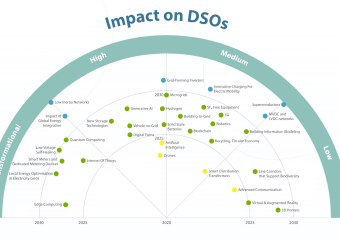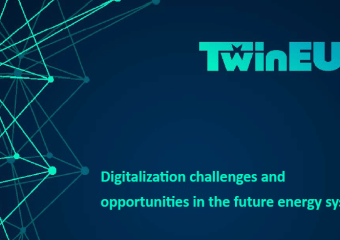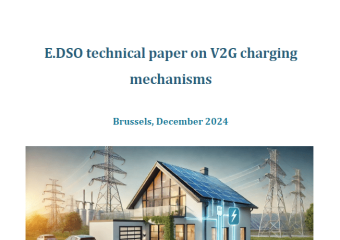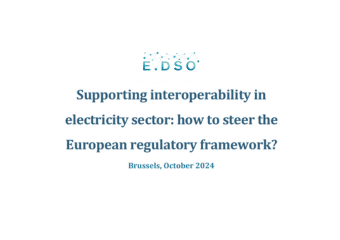 |
 |
 |
 |
On 5 April 2022, the European Commission made a legislative proposal to revise the F-Gas Regulation in line with the European Green Deal, the European Climate Law and recent international obligations under the Montreal Protocol.
The power industry fully embraces the European Commission’s decarbonisation objectives and its ambition to cut F-gas emissions. The DSOs and generators that we represent are committed to adopting a sustainable approach to the development and operation of their assets, and so to using SF6-free electrical equipment for new installations. Consequently, we all support the phasing out of SF6-based technologies after a transition period that varies by voltage level.
- But is it timely to implement a complete phase-out by the late 2020s?
- Not from a decarbonisation perspective. EU institutions give the power industry two distinct roadmaps with the same tight deadlines, one being decarbonisation and the other sustainability. As part of the Commission’s REPowerEU plan, the power system needs to integrate over 750 GW of additional wind and solar capacity generation capacity by 2030. Meanwhile, REPowerEU could increase electricity demand by 100 TWh in the next five years, which is unprecedented in European history. This necessitates the installation of an increasing number of switchgears. At the same time, as many of our assets reach end-of-life, we are expected to replace such critical equipment with extremely recent and not yet proven alternatives the design and size of which do not always fit into the space dedicated to existing switchgear. Achieving sustainability goals should not undermine the EU’s decarbonisation process.
- Nor from a consumer perspective. Recent international developments have led to a serious European energy crisis as well as a global shortage on raw materials. In the short term, consumers and industries are already facing skyrocketing energy prices. The lack of raw materials could also drive-up the cost of installing new assets. We are further concerned that implementing the current proposal could lead to a technology monopoly by allowing only one alternative solution on the market, one whose associated costs are disproportionately higher than SF6-based equipment. We fear this will put even more pressure on already stressed consumers and industries. These changes will ultimately result in higher electricity bills.
- And is it innovation-friendly?
The power industry raises concerns that the proposal from the Commission could drastically restrict innovation due to overly exclusive GWP thresholds. Quite recently, European manufacturers succeeded in developing two alternative technologies that significantly reduce GHG emissions in comparison to SF6-based switchgear. Utilities are thus confident that in the coming years manufacturers can deliver new alternatives, potentially even more sustainable and efficient. But this would only happen if the European framework can still ensure that there is room for innovation via a broader Regulation. We fear that implementing such a restrictive GWP threshold especially on voltage levels above 24kV at such an early stage of innovation will exclude meaningful and worthwhile technologies that have yet to be developed.
Our four associations published in early July a joint position paper highlighting the position and key messages of the power industry to ensure the Regulation will not undermine the EU’s decarbonisation process and the continuity of supply of the European power system.
CEDEC, E.DSO, Eurelectric and Geode remain at the disposal of the co-legislators to further assist in clarifying these recommendations for the success of the F-Gas Regulation revision.
|
CEDEC Maximilian Kemp (maximilian.kemp@cedec.com) |
E.DSO Tzeni Varfi (tzeni.varfi@edsoforsmartgrids.eu) |
|
Eurelectric Louise Rullaud (lrullaud@eurelectric.org) / Thibaut Arrat (tarrat@eurelectric.org) |
Geode Andrea Di Masi (adimasi@geode-eu.org) |






